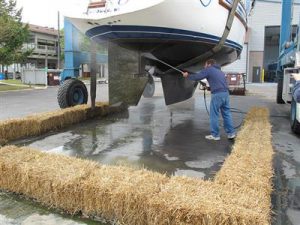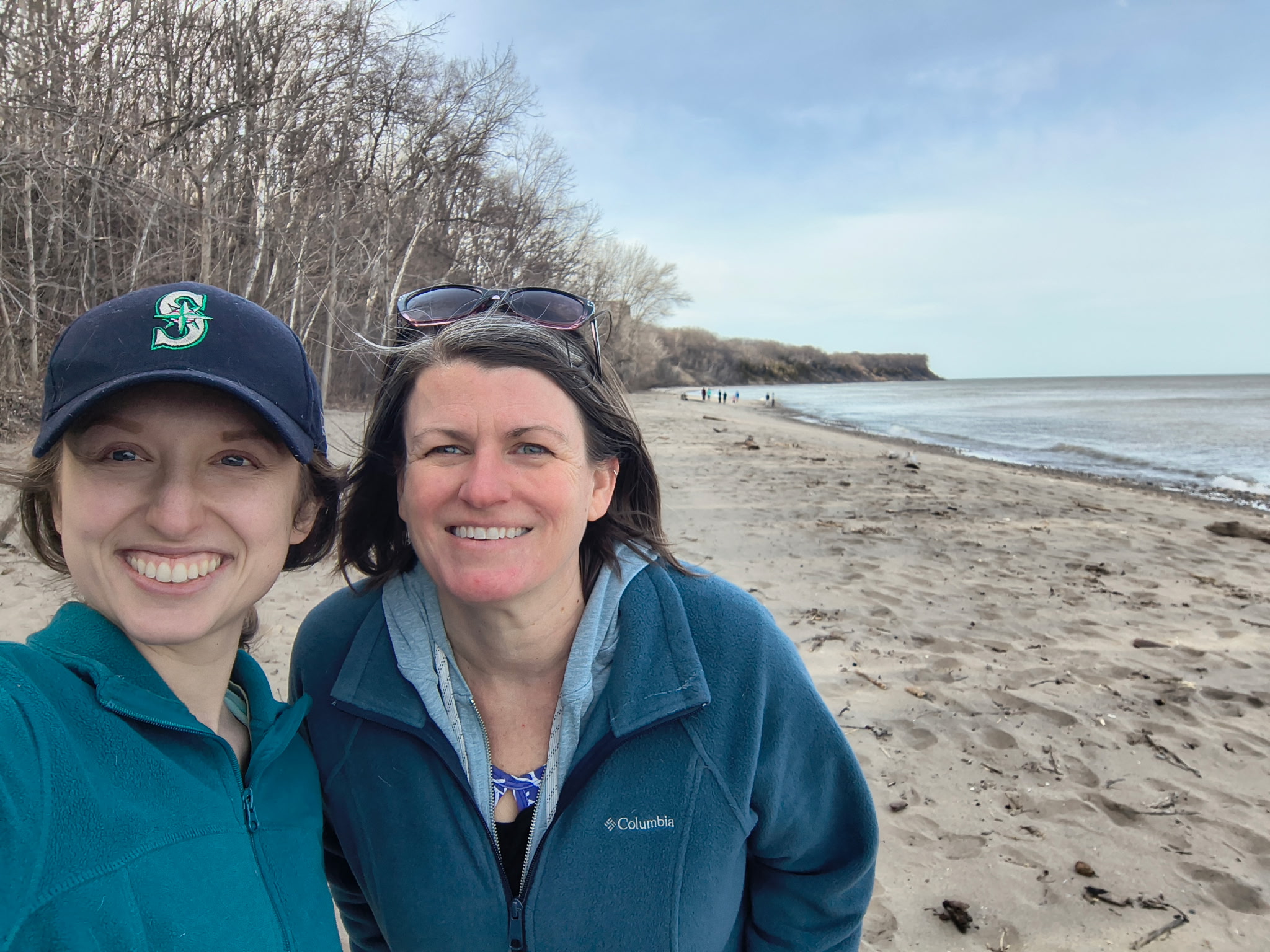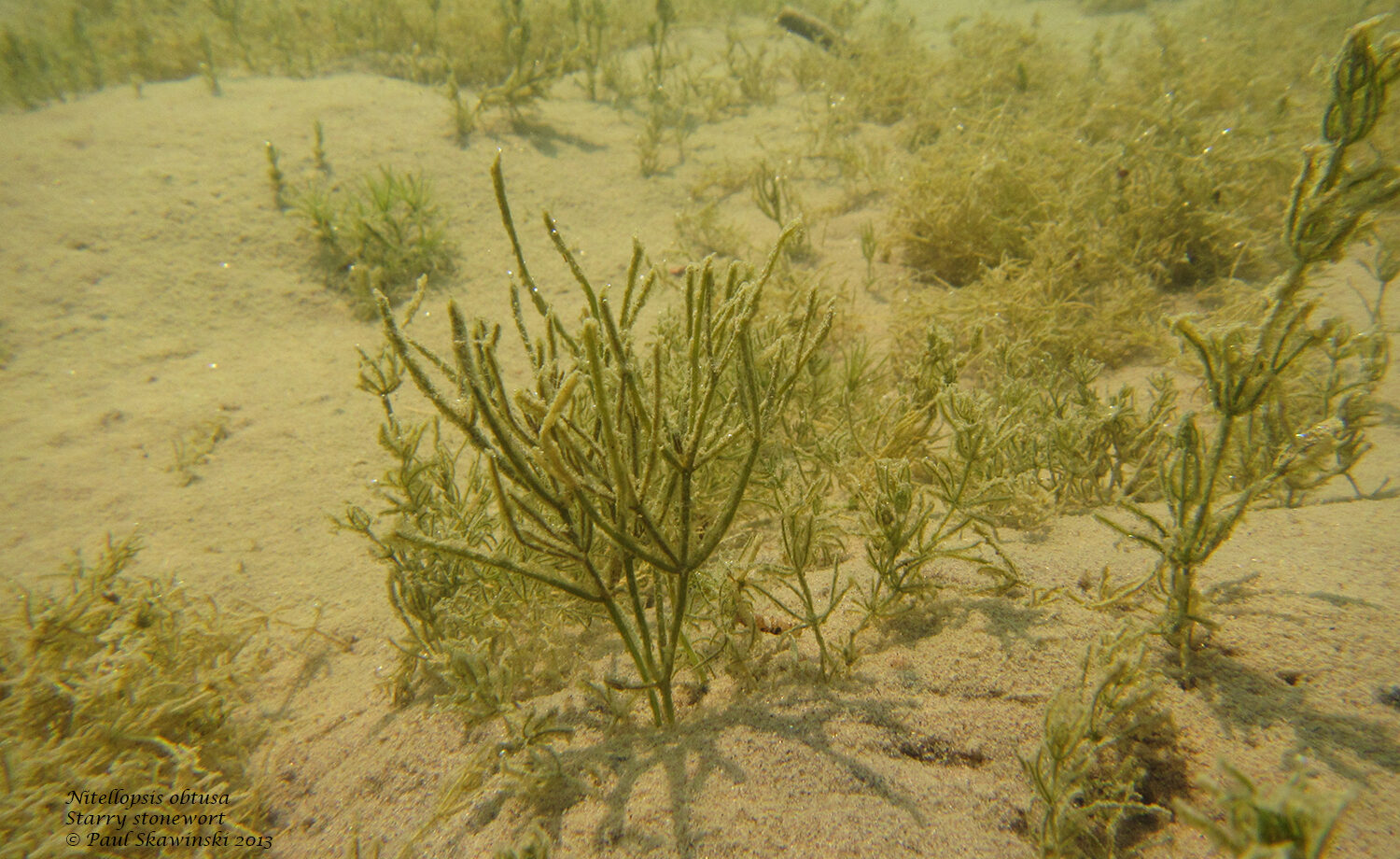This year, a team from the Michigan, Ohio, and Wisconsin Sea Grant programs are embarking on a venture to help marinas make their facilities more environmentally sustainable by harnessing the power of green infrastructure.
Michigan Sea Grant leads the three-year, three-state project that was awarded $809,000 in 2018 by the Great Lakes Protection Fund, an endowment established to support projects that restore or enhance Great Lakes ecosystem health. Julia Noordyk, water quality and coastal communities outreach specialist for Wisconsin Sea Grant, will be handling the activities in Wisconsin in partnership with the Wisconsin Coastal Management Program and the Wisconsin Marine Association.
The project, titled “Advancing Stormwater Management at Marinas in the Great Lakes,” will support creation of a tool to help marinas make wise decisions about managing water as it flows across their facilities, down the storm drain and out to the lake.

The Manitowoc Marina uses best-management cleaning practices to keep polluted water from running off into the harbor, which they learned through the Clean Marina Program.
Credit: Linda Campbell, Wisconsin Sea Grant
Stormwater runoff — including rainwater and snowmelt — can carry sediments, chemicals, pathogens and litter straight into the nearest water body. Marinas that can’t manage stormwater efficiently are at higher risk of flooding, erosion, water contamination and sewage problems. As coastal storms become more frequent and severe, and as water levels continue to fluctuate, it’s more vital than ever for marinas to make smart choices about how to handle stormwater.
“Increasingly, marinas are turning to green infrastructure systems to slow, capture and filter rainwater and snowmelt before it enters nearby water bodies like the coastal waters of the Great Lakes,” said Noordyk. “Green infrastructure installations like rain gardens, porous pavement and green roofs can boost property values, add aesthetic appeal, reduce operational costs, protect water quality and decrease flooding.”
With support from the grant, staff from the three states will spend six months developing a decision-support tool to help owners and operators choose the best infrastructure projects for their marinas. Clean Marina programs from each state are fully integrated into the project, allowing the project team to leverage certified marina partnerships to engage these sites in the project and future action on green infrastructure in the Great Lakes.

Julia Noordyk
The team will test the tool by using it to choose a green infrastructure practice for one or two Clean Marinas in the states of Michigan, Ohio and Wisconsin. During the final two and a half years of the grant, the team will help the marinas design and install the selected green infrastructure practice, including signs and resources to educate marina managers and staff as well as curious marina patrons. Researchers from The Ohio State University will monitor the sites before and after the installations to record changes in water quality.
The green infrastructure project has the potential to meet many needs in the Great Lakes region. The decision-support tool will make it easier for marinas to choose feasible and effective stormwater management strategies that fit their facility. Educational resources will teach boaters about the power and potential of green infrastructure.





